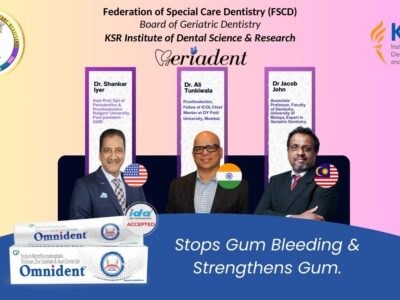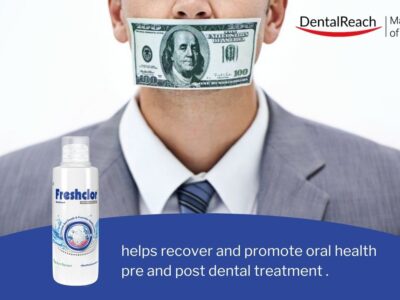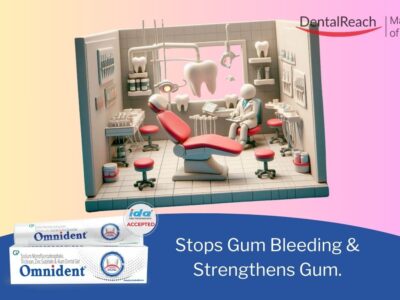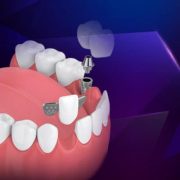Abstract
This article tells us about the different types of mouthwashes and the importance of it in day to day life. It imparts knowledge about the ingredients and uses of a mouthwash in a very easy language.
Introduction
Brushing and flossing are the cornerstones of healthy oral hygiene, but mouthwash can also be beneficial due to the many oral health benefits it provides. Brushing only cleans 25% of the oral cavity, so germs can remain even after you brush, hence it is important for one to use therapeutic mouthwash on a daily basis to maintain oral hygiene.
What is a mouthwash?
In simple words, mouthwash is a solvent of active ingredients that is used to clean and de-odorize the oral cavity. 15- 30 ml of the diluted solution is used for gargling and rinsing the mouth for minimum 30 seconds. Mouthwashes contain astringents, antiseptics and/or obtundents, flavouring agents.
Ideally, a mouth wash should
- Primarily reduce plaque & gingivitis.
- Fluoride present should fight tooth decay and strengthen enamel.
- Overcome bad breath.
Excipients-
1. Alcohol :
- Enhances the flavour
- Solubilising agent & preservative.
(Alcohol free mouthwashes are also available)
2. Humectants : Glycerine & Sorbitol.
- Enhances the sweetness of the final product
- Increases viscosity of the preparation.
3. Surfactants : Sodium lauryl sulfate .
- Loosens & suspends plaque.
4. Flavouring Agents : Peppermint, menthol, oil of wintergreen.
- Overcomes disagreeable taste
5. Colouring Agents : Methylene blue , magenta.
- For esthetic appeal to patients
Mouthwashes assist in the control of plaque, the thin bacterial layer that forms on your teeth. Plaque gradually hardens into tartar if it is not removed. Mouthwash will also help to prevent this tartar from forming.
It goes without saying that mouthwash isn't a substitute for brushing and flossing. The majority of mouthwashes are suggested for use twice a day, after brushing and flossing.
Types & Uses of Mouthwash
Broadly and simply, there are two types and uses of mouthwashes:
- Therapeutic
- Cosmetic
1. Therapeutic mouthwashes
Formulated to reduce bad breath.
Used for reduction of-
- Plaque
- Gingivitis
- Dental caries
- Stomatitis
Types of therapeutic mouthwashes:
- Chlorhexidine
It is an antiseptic, so used before dental procedures to prevent any infection. It also provides soothing effect.
- Povidone iodine (Betadine) :
It is a potent bactericidal, virucidal & fungicidal. It is used before dental procedures and patient is advised to gargle with it twice a day.
2. Cosmetic Mouthwashes
For prevention of infections, halitosis, post-impaction surgery.
Uses-
- In Halitosis (bad breath).
- Stomatitis (swelling in the mouth).
- Reduce inflammation.
- Post-impaction surgery : after removal of impacted tooth.
Types of cosmetic mouthwashes:
- Obtundent mouthwash.
It is usually alcohol free. Used for sensitive teeth.
- Dilute H2O2 (0.6%) mouthwash.
It is usually used in periodontitis cases.
So gargle out your oral bacteria to maintain your oral hygiene!




















Comments